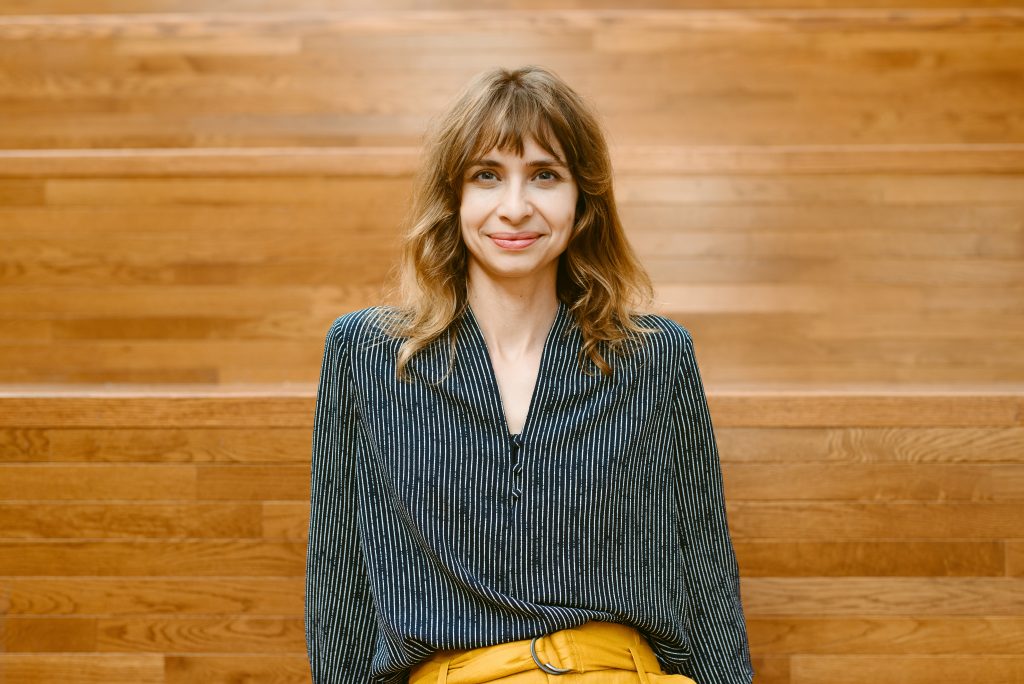New faculty profile: Loka Ashwood conducts actionable research to support rural communities

Loka Ashwood joined the UW–Madison faculty in July 2025 as a professor in the Department of Community and Environmental Sociology. Her position is part of RISE-EARTH, the sustainability-themed focus area of the university’s Wisconsin RISE Initiative strategic hiring effort to solve grand challenges.
What is your hometown? Where did you grow up?
I grew up in the countryside between the towns of Industry and Vermont, Illinois.
What is your educational/professional background, including your previous position?
I received my PhD from the joint programs of sociology and community and environmental sociology at the University of Wisconsin–Madison. I’m overjoyed to have the chance to return and carry on a long and deep tradition of impactful research and change making that defines the program. I received my master’s degree from the University of Galway and my bachelor’s from Northwestern University. Formerly, I was an associate professor of sociology at the University of Kentucky.
What is your field of research, and how did you get into it?
I discovered rural sociology through rural geography while studying the decline of farmers in the European Union as an undergraduate.
What are the main goals of your current research program?
Sociology is the discipline of action and inequality. My work seeks to bridge these two topics to help rural communities with actionable research that addresses pressing problems. I am working with colleagues to create an interactive database that tracks ownership and leadership networks across nine agricultural sectors globally. Another emerging project enlivens memories of farm dispossession shaping current rural discontent. The third project considers new organizational strategies and forms that better serve communities for a richer social and ecological future.
What was your first visit to campus like?
I remember being a bit in a state of disbelief that such a place existed, in terms of its beauty but also its commitment to maintaining the best of what we are (and could be) while combatting the worst.
What’s one thing you hope students who take a class with you will come away with?
That change is possible, and that they are equipped with the skills to make it happen.
Do you feel your work relates in any way to the Wisconsin Idea? If so, please describe how.
The visible connection of the university to the capital through State Street is a constant reminder that our work should listen to, and then speak to, the public. My hope is that the scholarship I am a part of is translational enough to do just that.
What’s something interesting about your area of expertise you can share that will make us sound smarter at parties?
Sometimes it’s simply a buzz killer. Just bring up corporate power and ultimate financial beneficiaries to deflate any clear party-line tirade at any party. Warning: people may get up and leave the table!
What are your hobbies and other interests?
I am back in the right place to learn more about trees, plants and gardening, all of which are some of my favorite pastimes, whether digging the earth or walking the woods.

